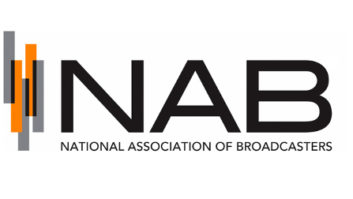NAB welcomes the “timely” call for a discussion on the merits of integrating FM chips in cellphones.
FCC Commissioner Michael Copps called for a “thorough, calm and reasoned discussion” on the topic at an FCC workshop yesterday on communications network reliability and outage reporting. “We all acknowledge the need for redundancy in communications – especially emergency communications – and last week, during the earthquake, a lot of folks were only able to get information through radio broadcasts when the phone networks got congested.”
Copps, who plans to leave the commission by year-end, said the pros and cons of integrating FM into cellphones should be discussed, as well as what experience other countries have. In a survey of cellphones last fall, NAB said it’s more common for European cellphones to be equipped with an FM chip and for that chip to be enabled.
With the 9/11 anniversary looming, that draws attention to the ability of broadcasters to reliably deliver information before, during and after disasters, said NAB President/CEO Gordon Smith, who noted cellphone networks were overwhelmed and power was down in the wake of Hurricane Irene and the recent east coast earthquake. “Radio chips in cellphones require no additional spectrum and could be activated immediately in many devices.”
Wireless companies have resisted the push to enable FM chips in cellphones in the U.S., saying consumers don’t want the feature. The wireless industry is also working on an emergency text alert system that it says negates the need for the FM chips.
— Leslie Stimson











